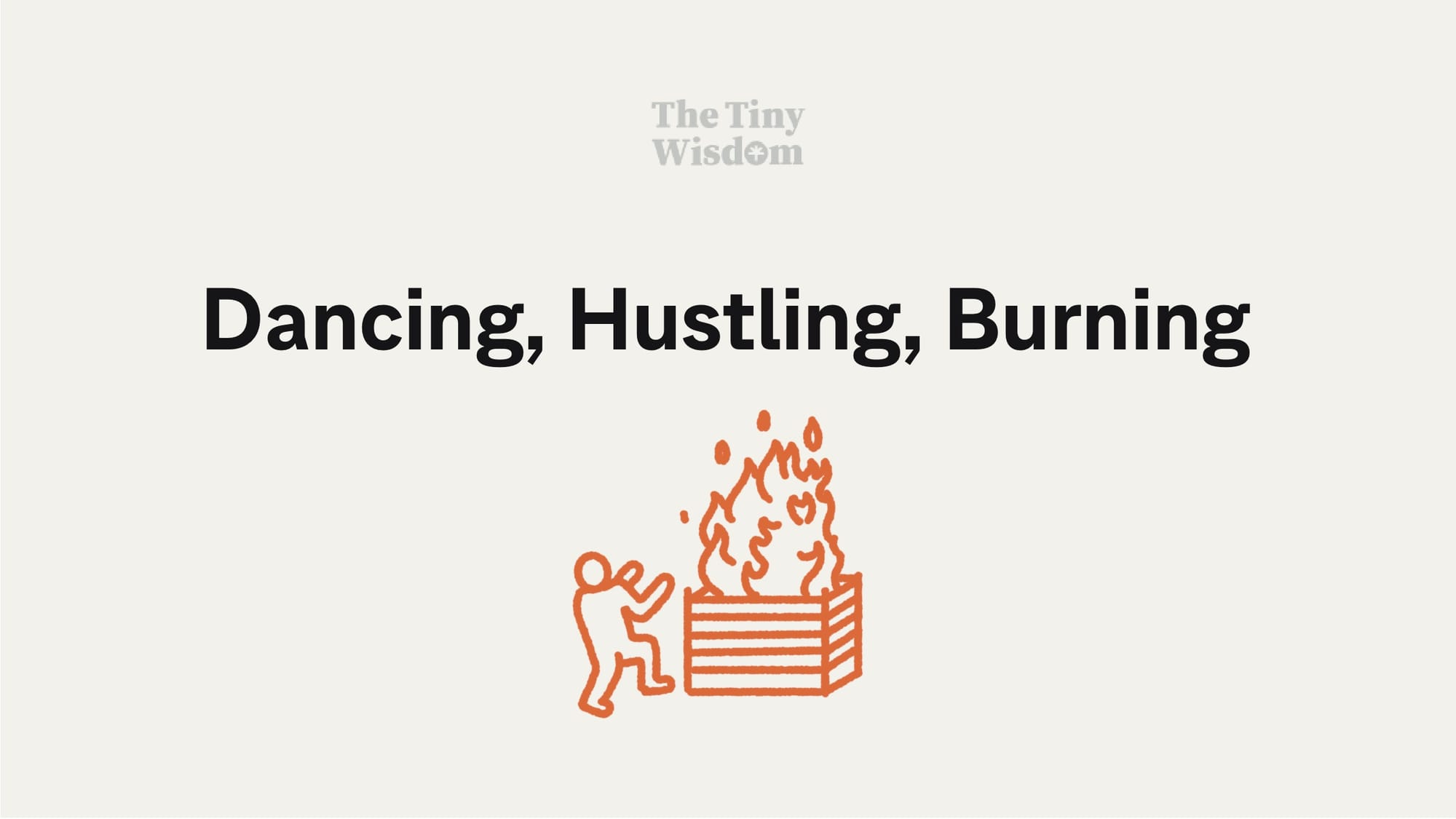Dancing, Hustling, and Burning
How the early hustle and subsequent experience of burnout were necessary to understand and appreciate the importance of balance.

Recently, I came across this tweet about work-life balance. The opinion suggests that youths should "grind" in their 20s to have space to enjoy life and "grind" less later on.
Unpopular opinion:
— Swizec Teller (@Swizec) December 8, 2023
Telling young people to work-life balance is actively harmful. Your 20’s are the best time to grind. You have lots of energy and few responsibilities.
a good 20’s grind creates the space to chill in your 30’s and beyond
The tweet reminded me of my experience with burnout a couple of years ago. It taught me invaluable lessons about work-life balance. Even though I will never support toxic productivity and the hustle culture, I can't help but agree with this tweet.
Why? Let me tell you a story...
A Dance with Burnout
In my early twenties, the drive to succeed was all-consuming. Every waking moment was dedicated to professional and personal achievements, blurring the lines between dedication and overexertion. I knew that I was tired. But I felt guilty if I didn't invest my time in productivity.
I knew that I was tired. But I felt guilty if I didn't invest my time in productivity.
The relentless pace took a toll on my body. I experienced chronic fatigue, backaches and neck pains from long hours at my desk and a compromised immune system. My sleep patterns were erratic, and exercise was often neglected.
Mentally, the constant pressure to perform was overwhelming. Anxiety and stress became constant companions, leading to burnout. There were times of self-doubt, where pursuing goals seemed to overshadow the joy of achieving them. I felt guilty if I was not being productive.
I felt guilty if I was not being productive.
Personal relationships suffered as my career took centre stage. I missed family events, dwindling social interactions and a lack of work-life balance became the norm. I'd often rather stay home or sit alone in a cafe to work than go out and meet friends and families.
Through this intense period, I learned about my physical and mental limits and the natural consequences of pushing them too far. In a way, the hustle and burnout helped me to understand the capacity of my mental and physical health.
The tipping point
I was sitting alone at home, feeling bored with my life. I realised that I have no plans on weekends, and my weekdays are consumed by working from 9-5, followed by working on my side projects. Then, a sudden realization came:
Is this all there is to life?
Is this how it feels to be an adult?
As I pondered how monotonous my life had become, I scrolled through Instagram and saw how happy other people were. Why is my life not as exciting as theirs?
Growing up watching series such as How I Met Your Mother and Friends, I've had high expectations of adulthood. But the reality was not as exciting as I thought it would be.
The irony was that I intentionally missed one of my friends' weddings just a few weeks ago because I wanted to focus on my side project. And I was missing out because I chose not to go. I could've been there on their Instagram stories. My life could have been a little bit more exciting.
Then, I realised how much I have sacrificed for career growth and how it has affected other aspects of my life. That day, I decided that I'd never do it again.
It was not a good place to be.
Learning to Pace Myself
Recovering from burnout, I slowly started to recalibrate my approach to work and life. I need to balance between the two - when to hustle and when to focus on the other aspects of life.
Recognising When to Push
I began to understand the importance of strategic effort. Identifying crucial phases in my career where extra dedication was required became key. These were times when working longer hours or taking on more responsibilities significantly impacted my career trajectory.
For example, when I wanted to quit my job, I had to work harder to build a portfolio and look for a job. I had no choice. It had to be done.
Valuing Rest
Equally important was learning the value of rest. I started to view rest not as a luxury but an essential component of a productive life. Regular breaks, hobbies outside of work, and quality time with loved ones became integral to my routine. This shift improved my health and well-being and enhanced my creativity and efficiency at work. I no longer feel that playing games or sleeping is a waste of time.
Mental and Physical Well-being
As I improved my mental well-being, I began to exercise regularly. Eventually, I broke my limit and ran for 10km three times a week. I never felt better about my body. That habit is long gone, though; I barely exercise now. Sigh...
This period was pivotal in developing a sustainable rhythm that accommodated ambition and well-being. My experience with burnout helped me to understand that there are other aspects of life that I have to tend.
What good is a successful career if I can't find the joy in life?
Navigating the Hustle and the Burn
I adopted a personal 'GPS' system to navigate the complexities of balancing career aspirations with personal fulfilment. It's all about reflection and self-awareness.
Envisioning My Ideal Life
I spent time reflecting on what a fulfilling life looked like beyond career success. This vision included health, happiness, meaningful relationships, and personal passions. I noted that down on a piece of paper and revisited them from time to time. Sometimes, the ideal version of my life changes, and that's okay because, over time, I change too as a person.
Assessing My Current Position
Regular self-assessment became a habit. I frequently evaluated my current state against my ideal life vision. This process helped identify areas needing adjustment, whether reducing work hours, investing more in relationships, or pursuing personal interests.
This ongoing self-evaluation became my compass, guiding my decisions and helping me maintain a course aligned with my true aspirations.
Knowing where I am in this journey helped me be more flexible in choosing when to go slow and full-throttle.
Just like a GPS. If you know where you want to go and where you are now, you can plan the journey easily.
Final Reflections
In hindsight, the early hustle and subsequent experience of burnout were necessary for me to understand and appreciate the importance of balance. They have shaped not just my approach to work but my approach to life as a whole.
In my experience, life gets so much easier because I've burned out and learned early when I am only responsible for myself: no wife, no kids, and no family to support. I've made many mistakes when I had nothing to lose. But I wouldn't do it now.
This journey has been transformative, from the intensity of early career hustle to the discovery of a balanced approach. It was all because I hustled too hard in my early 20s. I learned the hard way.
Still, toxic productivity is toxic
However, please don't take this the wrong way: I don't recommend you hustle hard and embrace toxic productivity. It's bad.
Instead, learn how to navigate your life. Where are you now, and where do you want to be? Use those as the cornerstone of your life whenever you feel burnt out and lost. Self-reflect often to pace yourself better.
Success is not just about achieving professional goals but doing so sustainably that doesn't compromise overall well-being.
After all, if it doesn't make you happy, why do it at all?
I hope you find this inspiring. Remember:
It's not going to be easy, but it's not impossible.
Your friend,
Brian
